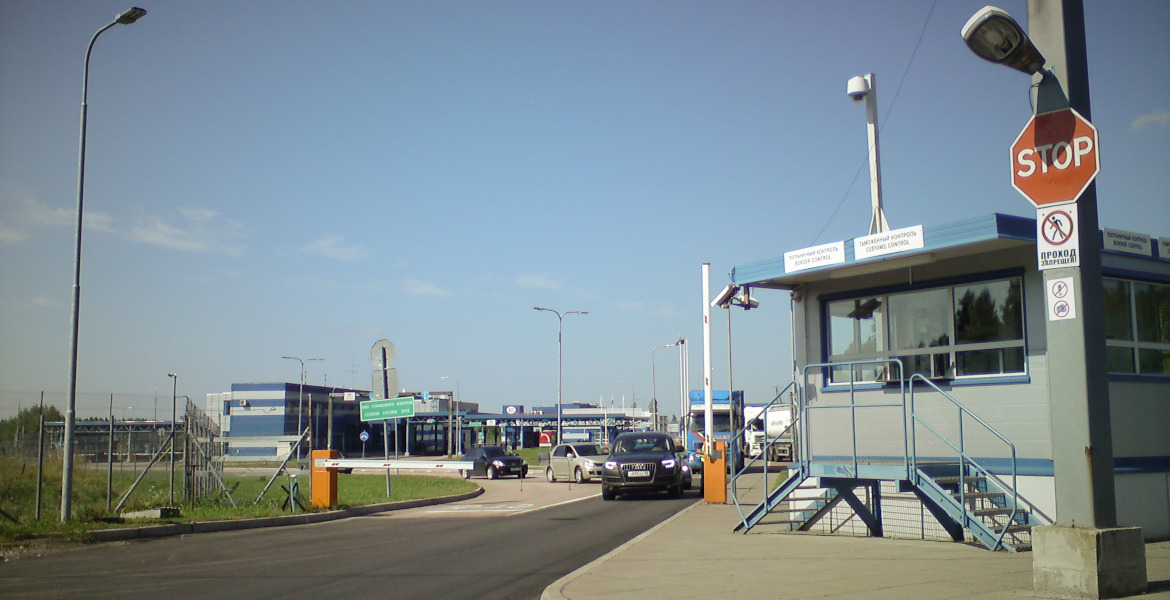The vocational school Vamia in Vaasa, Finland receives thousands of applications annually from Africa and Asia for its free culinary education program.
Of this year's 4,059 applications, nearly half came from Nigeria, and now the Finnish government wants the education to become fee-based for non-European students.
Ebuka Mbanugo, 33, from Nigeria already has a degree in accounting from his home country. But that degree hasn't been of much use to him in his hometown of Lagos, he explains. Instead, he chose to move to Finland to study on Vamia's international culinary program.
The education is free of charge – that is, financed by Finnish taxpayers.
— Honestly, I wouldn't be able to afford to pay a fee for my studies, he tells Yle.
He used his savings to travel to Finland and has received financial help from his family to build a life here.
Majority from Africa and Asia
In the practice kitchen at Vamia, the majority of students come from Asia and Africa. Of this year's over 4,000 applications, 1,962 came from Nigeria, and overall the number of applications from outside the EU has increased dramatically in recent years.
Last year, over 12,200 people from countries outside Europe studied at Finnish vocational schools and 4,700 at upper secondary schools.
Principal Åsa Stenbacka says she doesn't know exactly why the school receives so many applications from outside Europe, but she assumes that the free education plays a decisive role. It takes three people a full week to go through all the applications.
€7,000 per student
Each graduated restaurant chef provides Vamia with approximately €7,000 through the tax-funded state subsidy system. The government's proposal means that students from outside Europe would have to pay this amount themselves to finance their education.
— This will significantly affect the number of applicants, says Stenbacka, who argues that both the school and companies that need workers will be affected.
She points out that many students already work alongside their studies to manage financially.
— If they also have to pay a fee of €7,000, it will become unsustainable for them, she continues.
About 75 percent of graduates find jobs in Finland's restaurant industry. Some move to the capital region, Lapland, or Åland. At the same time, unemployment has increased in Finland in recent years, and the restaurant industry is notorious for its low wages and high staff turnover.
"The economy is strained"
Education Minister Anders Adlercreutz explains that a fee for foreign students is a way to save money for the state.
— At the beginning of the government term, the government made an assessment that a fee could be appropriate, since the economy is strained, he states.
He also highlights the problem of upper secondary schools and vocational schools attracting foreign students, often minors living without guardians in Finland.
Apprenticeship education, where students study in combination with work, will remain free of charge going forward.




